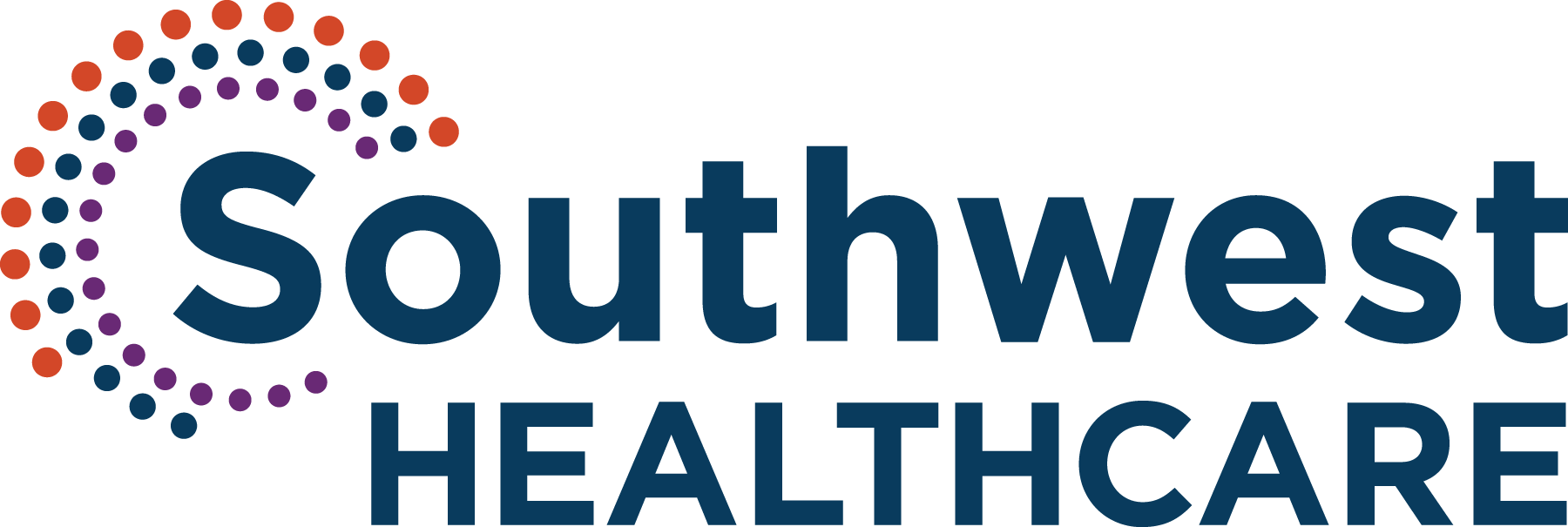If you needed another good reason to get enough shut-eye, here it is.
 Sleep may be one of the most overlooked keys to good health. Getting enough quality sleep is an essential part of your well-being. When you don't sleep enough, you may not only feel tired, cranky and irritable the next day, but you may also be contributing to serious health issues. One of the more serious problems that can occur when you get too little sleep is that your blood pressure may increase.
Sleep may be one of the most overlooked keys to good health. Getting enough quality sleep is an essential part of your well-being. When you don't sleep enough, you may not only feel tired, cranky and irritable the next day, but you may also be contributing to serious health issues. One of the more serious problems that can occur when you get too little sleep is that your blood pressure may increase.
It is recommended that adults get 7 to 8 hours of quality sleep each night. While an occasional night of less sleep won't have much effect on your overall health, routinely getting less than 6 hours of sleep each day has been shown to be bad for your health. When it comes to blood pressure, the less you sleep, the more impact it may have on your blood pressure.
How does a lack of sleep affect blood pressure?
One reason a lack of sleep affects blood pressure is that sleep helps manage stress hormones like cortisol. If you don't sleep enough, your body can't properly regulate these hormones, which can lead to high blood pressure.
Can high blood pressure contribute to poor sleep?
Not only does poor sleep contribute to high blood pressure, but high blood pressure may also contribute to poor sleep. Many people with elevated blood pressure are more prone to chronic stress and anxiety. This can negatively affect your ability to sleep well. So it becomes a cycle of poor sleep increasing blood pressure and increased blood pressure possibly making it harder to sleep.
Are there other ways that sleep can affect blood pressure?
Sleep and high blood pressure may also have another connection—sleep apnea. If you have this condition, your breathing periodically stops during sleep, resulting in reduced airflow. It can cause you to sleep poorly, wake up frequently and gasp for air during the night. Sleep apnea deprives your body of oxygen and is a major risk factor for high blood pressure.
What can you do to prevent high blood pressure?
According to the Centers for Disease Control and Prevention, nearly half of adults in the U.S. have high blood pressure and only about 1 in 4 people with high blood pressure have it under control. If you are concerned about developing high blood pressure or are trying to lower already elevated blood pressure, follow healthy lifestyle habits like limiting sodium, eating healthy foods, exercising regularly, maintaining a healthy weight and not smoking. Also be sure to get enough sleep because this often overlooked daily habit can have an effect on your blood pressure.
Copyright 2022-2023 © Baldwin Publishing, Inc. Health eCooks™ is a designated trademark of Baldwin Publishing, Inc. Cook eKitchen™ is a designated trademark of Baldwin Publishing, Inc. Any duplication or distribution of the information contained herein without the express approval of Baldwin Publishing, Inc. is strictly prohibited.
Date Last Reviewed: December 14, 2022
Editorial Review: Andrea Cohen, Editorial Director, Baldwin Publishing, Inc. Contact Editor
Medical Review: Perry Pitkow, MD
Learn more about Baldwin Publishing Inc. editorial policy, privacy policy, ADA compliance and sponsorship policy.
No information provided by Baldwin Publishing, Inc. in any article is a substitute for medical advice or treatment for any medical condition. Baldwin Publishing, Inc. strongly suggests that you use this information in consultation with your doctor or other health professional. Use or viewing of any Baldwin Publishing, Inc. article signifies your understanding and agreement to the disclaimer and acceptance of these terms of use.
